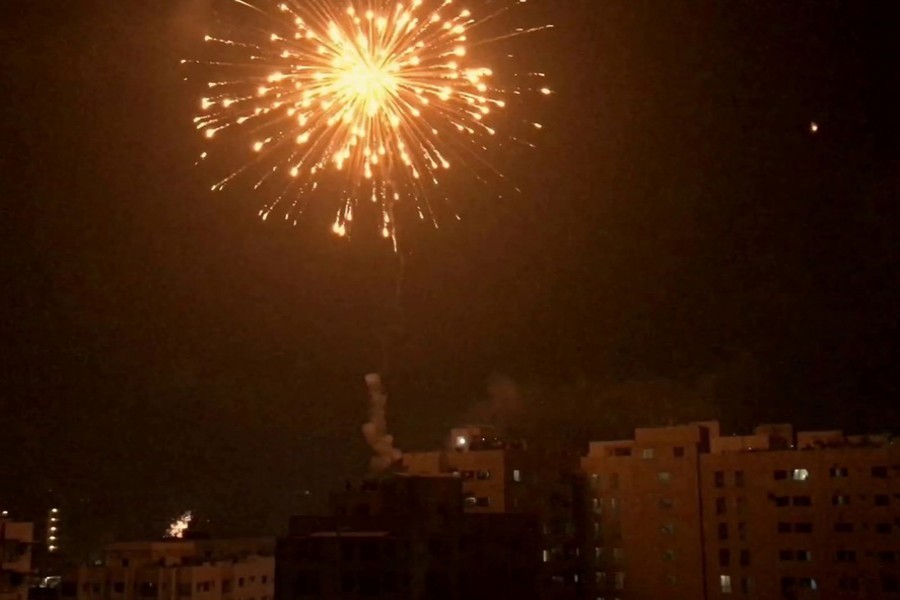The New Year is a time to take stock of the past and place a wish list for the future. But given the extreme odds that the just concluded year had to come up against, thanks to the pandemic, expectations from 2021 will necessarily be somewhat limited. In retrospect, 2020 was unlike any other year the country and its people had ever encountered in the past. But then, the experience was not unique for us as it was also true of the rest of the world. Even so, compared to many otherwise advanced nations, Bangladesh's situation was not as bad as it was predicted to be by many experts including its international development partners, particularly, on its economic front. Yet, as it did in several countries, the pandemic wreaked havoc on rickety public healthcare infrastructure here. But with the experiences of China, Europe and other countries already before us, the nation should have been able to handle the situation more efficiently than it actually did when the pandemic struck by the end of March. If the government had that readiness, many deaths and a lot of public sufferings could have been avoided.
True, in the pandemic situation the country's health sector received a slightly larger share of the national budget at 7.2 per cent in FY 20 compared to the 4.9 per cent of FY 19. But it was still far below the WHO's ideal level at 15 per cent of the budget. And as part of the GDP, it was a mere 1.3 per cent in FY 20, though somewhat higher than FY 19's 0.9 per cent. With such limited resources at its disposal, it was undoubtedly an uphill task before the health ministry to meet the unprecedented challenge posed by the Covid-19 pandemic. This was despite the fact that the country has an extensive network of public hospitals and clinics at the community, upazila and district levels. The existing healthcare infrastructure was not duly equipped in terms of sufficient number of doctors and other health professionals to deal with emergencies even at normal times, let alone when overwhelmed by the pandemic's surge. Since vaccines against the pandemic would be available shortly and apparently taming the scourge should now look less challenging, there are ifs and buts before wider and effective application of the antidotes.
On the economic front, on the other hand, the country fared better. The government's generous stimulus packages for the industries including large, small, medium and micro enterprises helped the private sector keep afloat. At the same time, the social safety net programme helped the extreme poor and the vulnerable groups survive the onslaught of the pandemic. Especially, the farming community again demonstrated its extraordinary resilience in the face of the pandemic and the lingering floods. Such adversities notwithstanding, farmers continued to feed the millions. Thus the nation could avert a famine situation that many feared would be the case in the aftermath of the economic shutdown. Meanwhile, after the brief initial shock, the apparel sector has gradually resumed its exports, while the remittances from migrant workers remained steady in monetary terms; yet ironically an increasing number of returnee workers has been a concerning episode.
In the New Year the nation should be better prepared to meet the upcoming challenges. Learning from past mistakes, the government, hopefully, would be more circumspect and make prudent use of its resources to navigate the uncharted waters lying ahead.


